
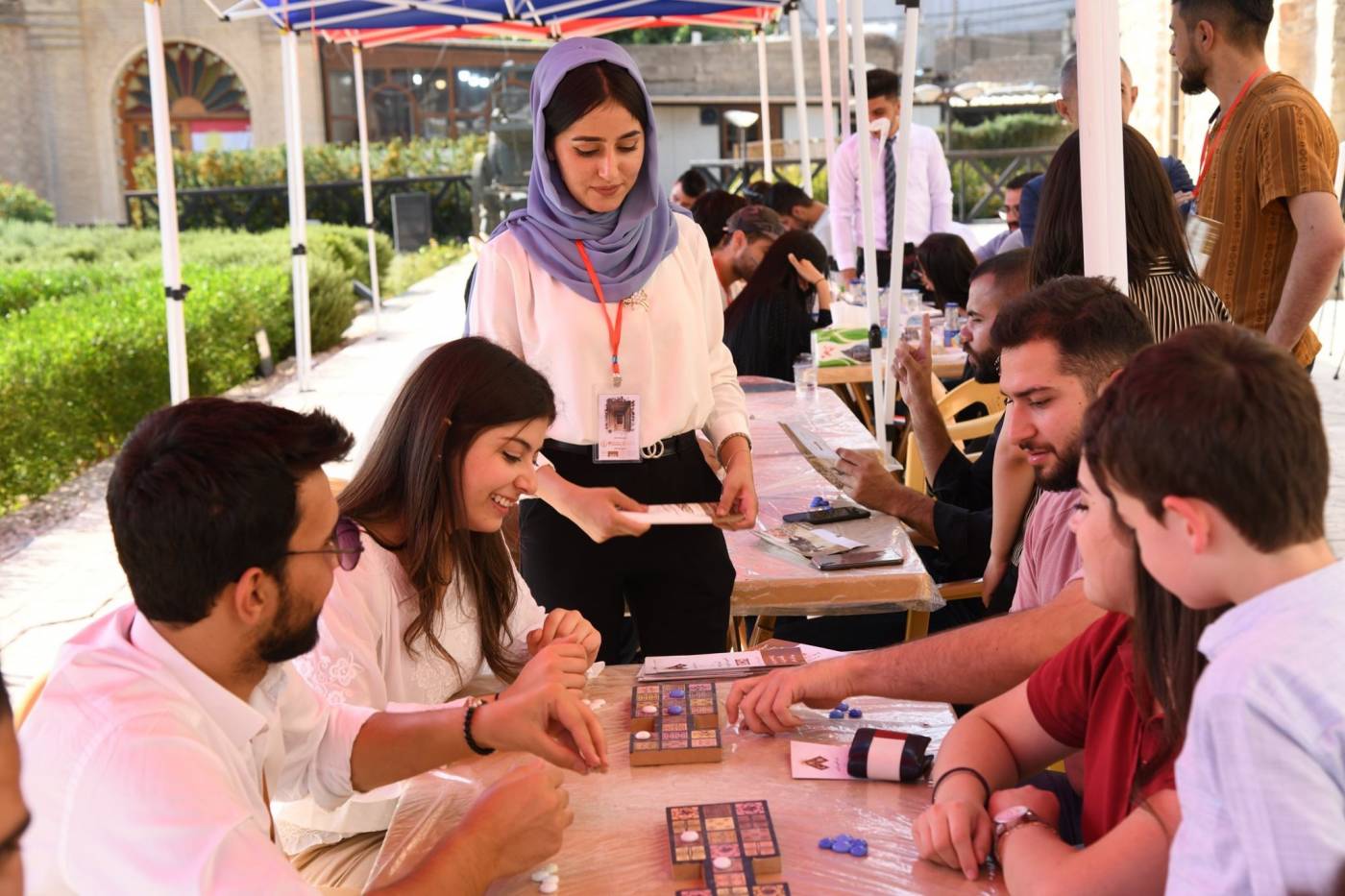
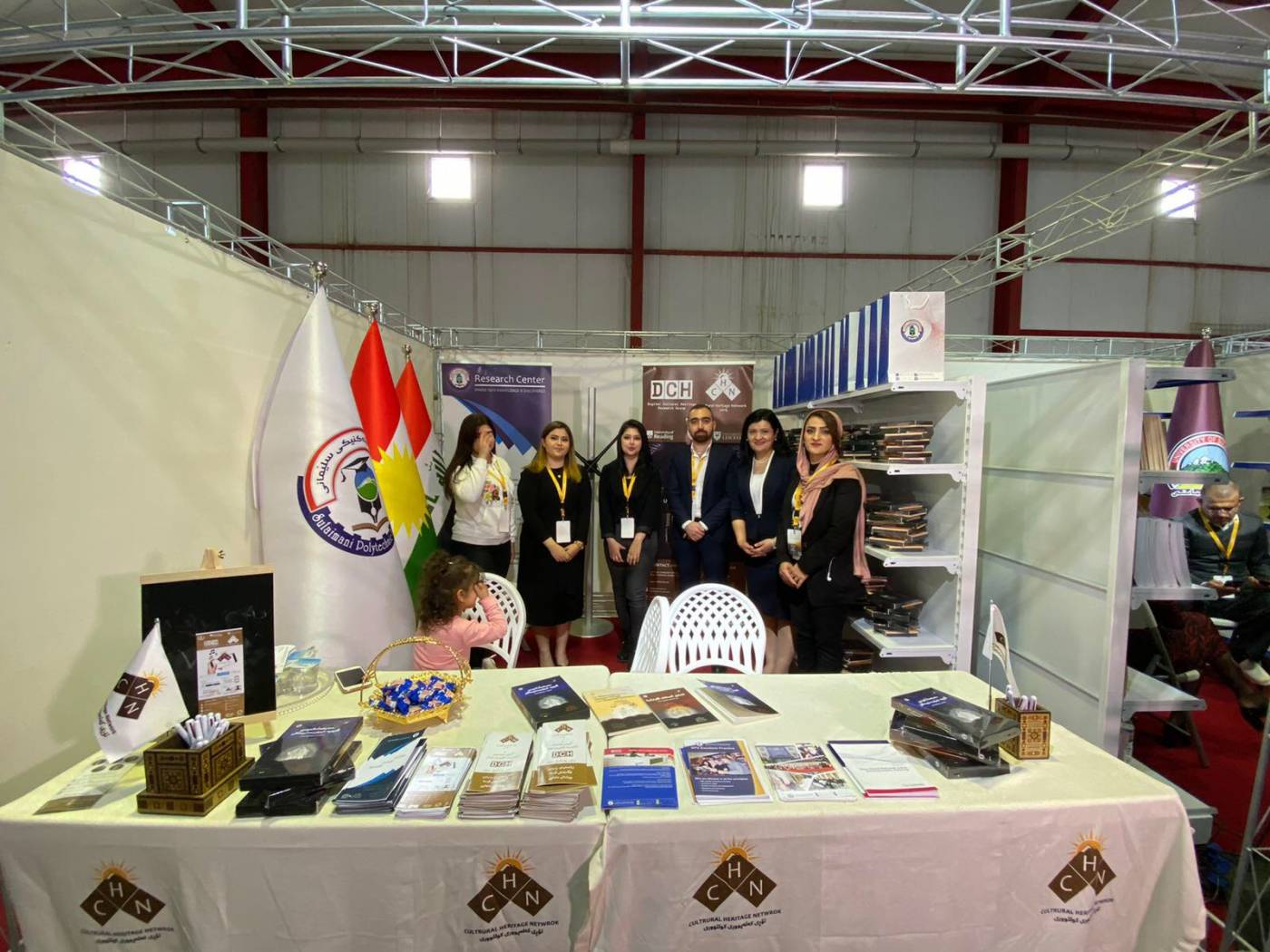
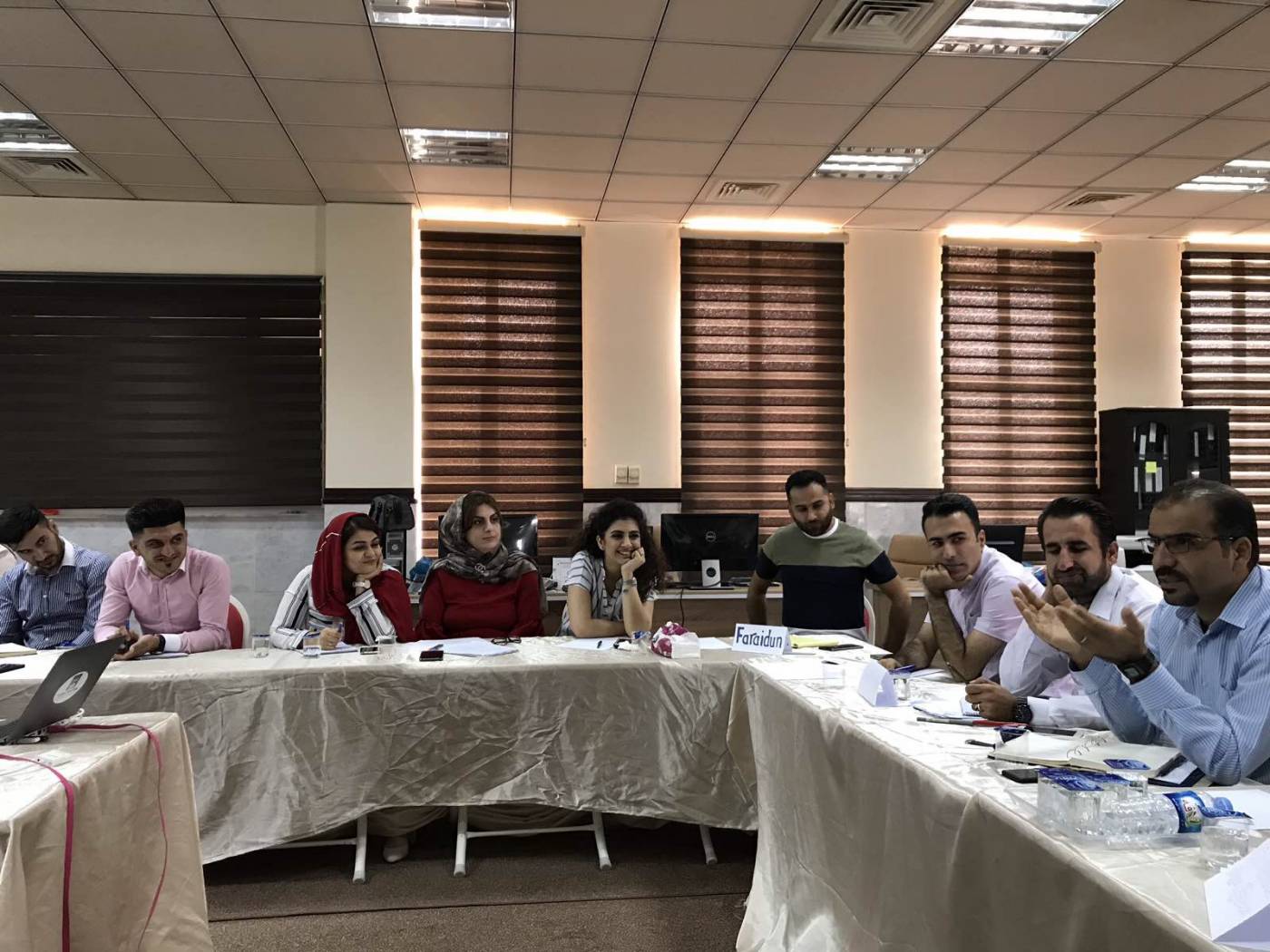
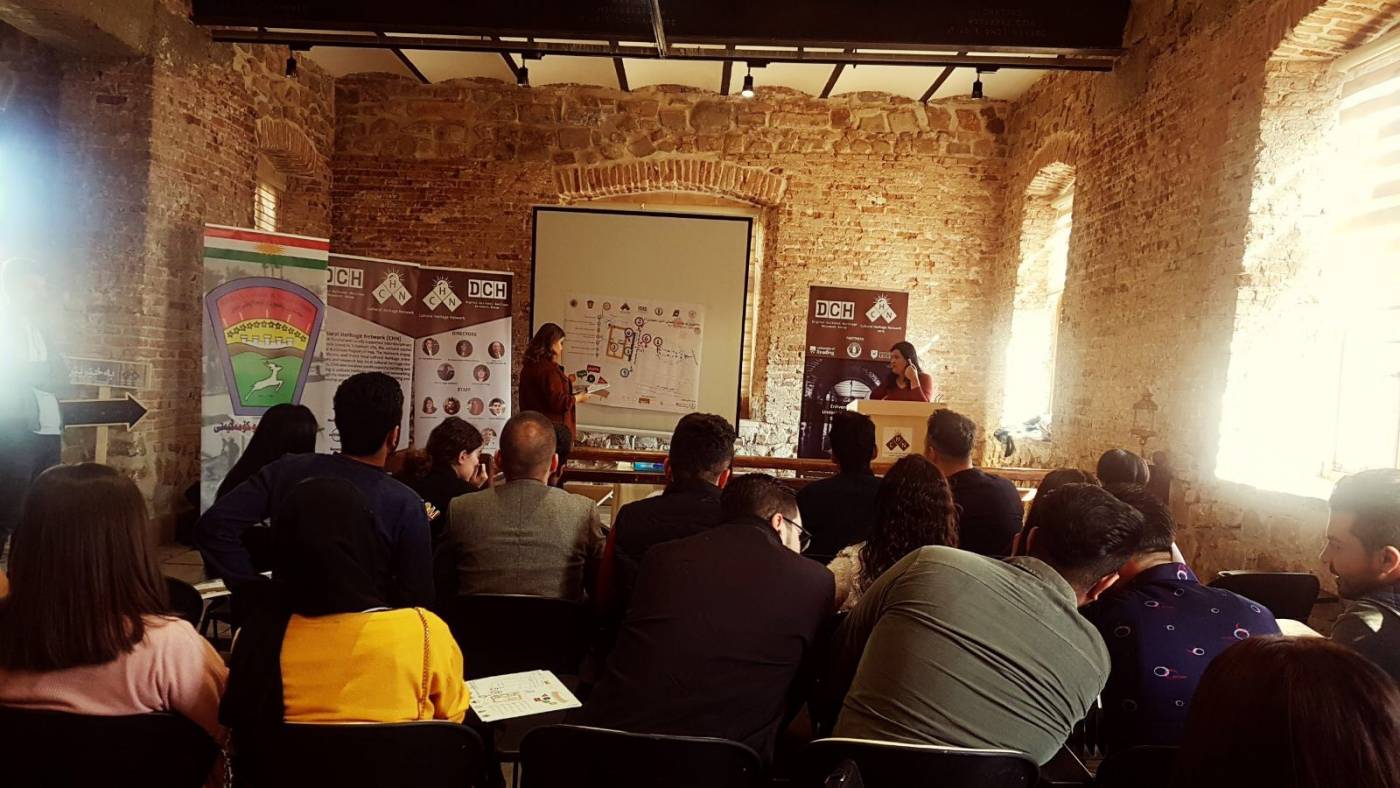
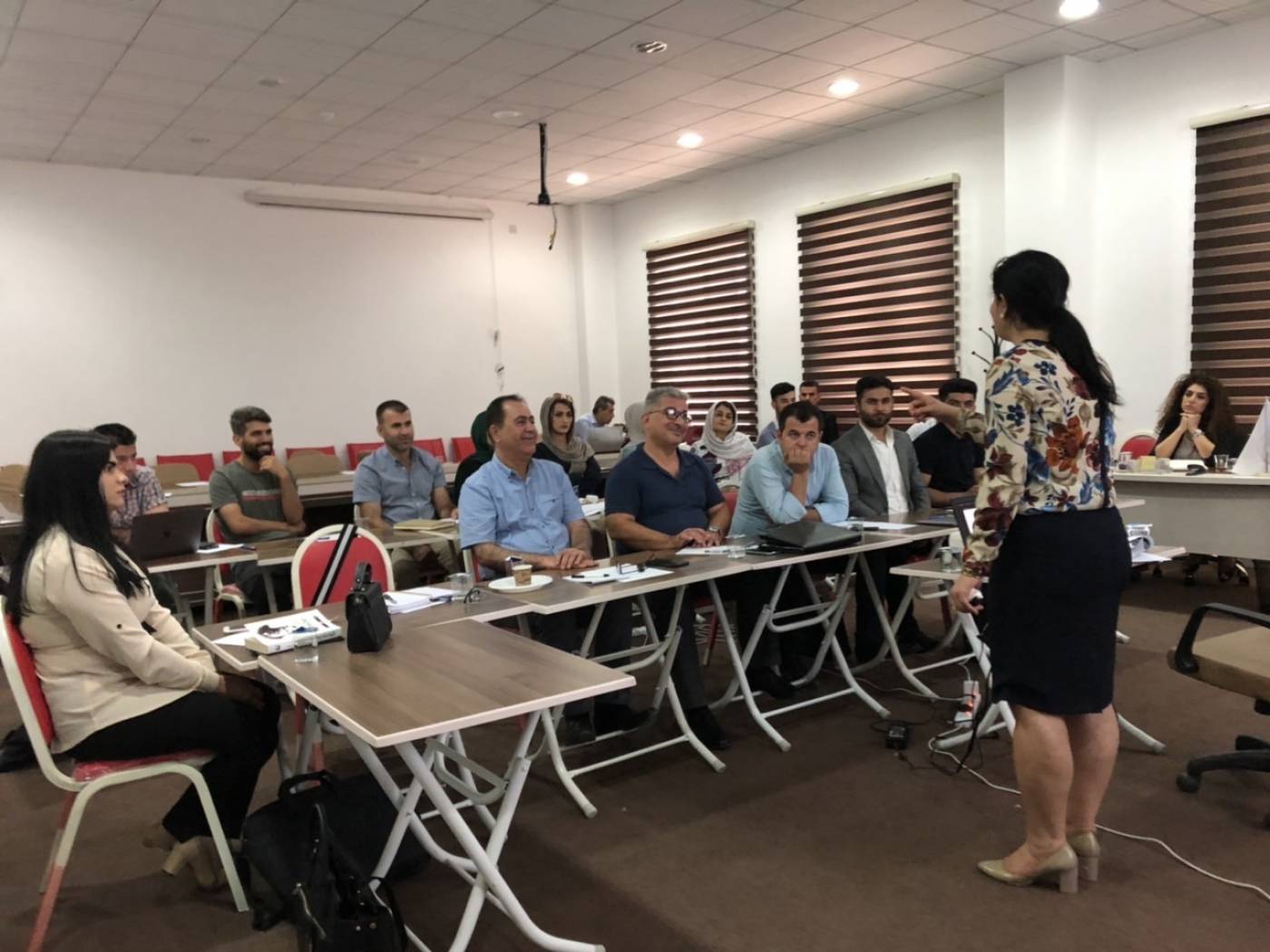
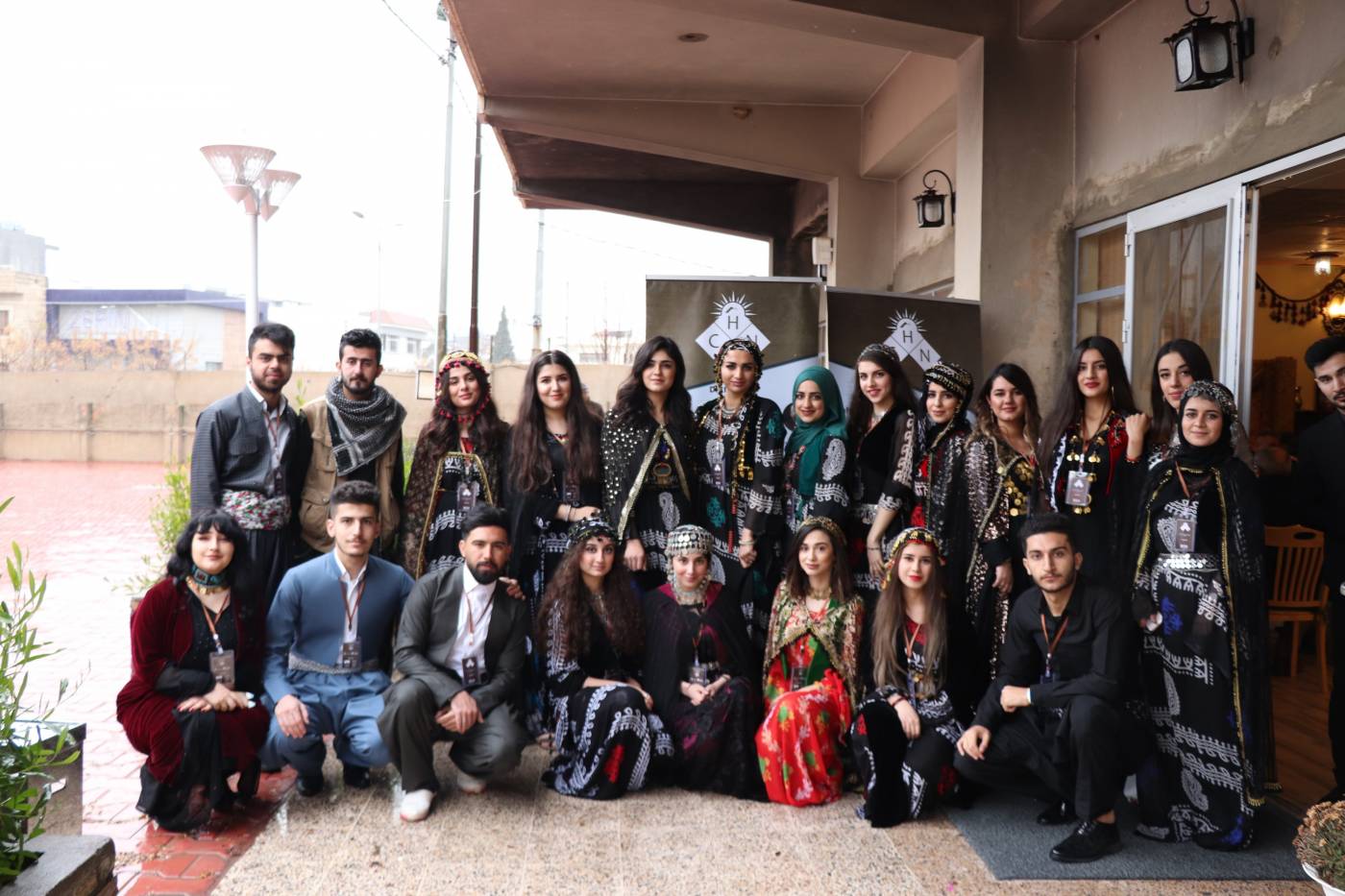
Iraq is the home of world-class ancient archaeology and cultural heritage (tangible and intangible), but currently, the cultural heritage sector engages minimally with the local communities and makes little effort to raise awareness about its importance. One can say, there is a significant lack of connection between the Iraqi cultural sector and its stakeholders and this presents a very serious challenge for the protection and promotion of Iraq’s heritage.
In this context, The Cultural Heritage Network (CHN), led by Dr Rozhen Kamal Mohamed-Amin and Dr Saad Bashir Eskander, was set up to engage, inform, and train local cultural heritage stakeholders from different sectors, fields, and locations through a series of public seminars, networking events, and training workshops. Additionally, CHN brings together and engages local cultural heritage stakeholders and experts from different sectors (including academia and NGOs), policy and decision-makers and the local communities in structured and semi-structured focus groups and workshops to identify and analyse local cultural heritage challenges and opportunities.
The project also involves youth capacity building and training in cultural heritage research and networking through its interns and “Pay It Forward” training and mentorship program for sustainable training and research in untapped local cultural heritage challenges and opportunities.
The CHN team planned the project in three strands:
- Preparation: during which the team set up legally and logistically the centre at the Sulaimani Polytechnic University and sought out key stakeholders from different cultural heritage sectors. These key figures were later involved in the network building efforts and the subsequent strands of the project.
- Data collection and analysis: thoroughly implemented in 2019. The team identified the five research themes and started work on the primary and secondary collection of data, including via focus groups organised in May, June, August and September of the same year. The final part of the year was reserved for preparing the publication of the results in relevant academic journals.
- Events: although a stream in its own right, the events phase is designed to run alongside the other two, with the aim of organising about 5 public lectures and/or networking events monthly. Both the networking events and the capacity-building workshops were delivered as planned and had an overachieving element, with events planned and implemented as the opportunity arose, above and beyond the planned target number.
Since its debut in December 2018, the Kurdistan Cultural Heritage Network organised over 30 engagement events at different levels in its efforts to raise the profile of relevant academics, policymakers and other stakeholders. It has put together and delivered educational and awareness-raising activities such as public lectures by leading local and international experts and documentary videos about best cultural heritage practices and case studies.
The project publicizes its activities through the project's website and the university’s social media channels. Local media and TV channels are regularly involved in the coverage of events.
 Close
Close

